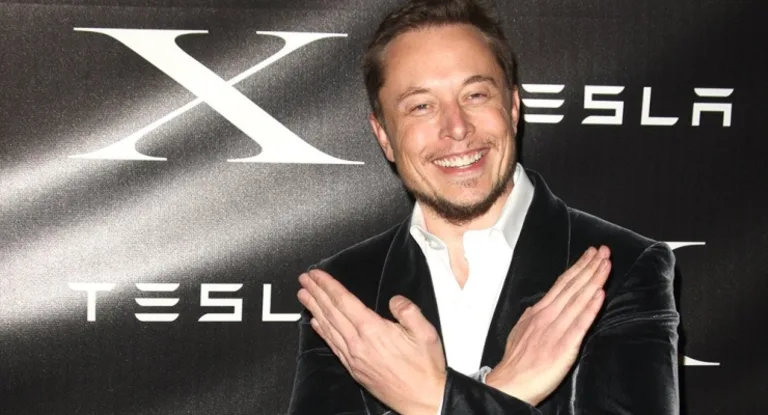
Elon Musk and X
“I’m not sure what subtle clues it leads to, but I like the letter X.” - Elon Musk
Introduction
Elon Musk, the founder of Tesla and SpaceX, is known for his obsession with the letter X. This obsession appears in the names of his companies, his child’s name, and even in the rebranding of Twitter. In 1999, Musk founded a financial company called X.com. He chose the name because he believed the letter “X” symbolized treasure. However, the name didn’t last long and eventually merged into what we now know as PayPal. After acquiring Twitter, Musk announced his desire to turn it into an “everything app” similar to WeChat, and said the app would be called X. Given Twitter’s global brand recognition and the fact that Musk’s other changes wiped out two-thirds of the company’s value, one might have expected him to be a bit more cautious with such a key asset.
X has become a kind of signature for Musk, who sees himself as an entrepreneurial creator. He has used the letter X in names like Tesla (Model X), Space Exploration Technologies (better known as SpaceX), and even in his child’s name (X Æ A-XII, or simply “X”).
X represents Musk’s vision of creating an “everything app” — a platform that includes payments, video streaming, e-commerce, and more. After acquiring Twitter, Musk announced that he had rebranded the company as X and essentially erased Twitter’s existing brand identity.
X might also be a marketing strategy Musk uses to attract attention and investment. He said he bought back X.com from PayPal in 2017 for “sentimental” reasons. By renaming Twitter, he could spark curiosity and possibly boost its value. However, this move is also risky because Twitter’s brand is globally recognized and has a loyal user base. (Yes, he renamed Twitter to X.)
The Everything App: X
An “everything app” is like a Swiss army knife of mobile applications. These apps offer messaging, social networking, peer-to-peer payments, email, online shopping, and many other services within a single platform. In China, WeChat is considered the most successful example of an everything app. WeChat has over a billion active users and provides them with a wide range of daily life features.
Elon Musk, the founder of Tesla and SpaceX, envisions building such an everything app through Twitter. After acquiring Twitter, he stated that he wanted to turn it into a versatile platform called X. X would include payments, news, communication with friends, and e-commerce features. Musk claimed that X would be better than WeChat.
Here are some of the benefits of an everything app:
[1]: Users can meet multiple needs with a single app, saving time and space on their devices.
[2]: Users don’t have to switch between different apps, increasing their overall efficiency.
[3]: Users can enjoy seamless integration between different services within the app, improving their experience.
[4]: Users can gain more opportunities and benefits, including personalized recommendations.
For example, the Vodafone Yanımda app is an “everything app” that allows Vodafone customers to both manage their mobile services and shop online. Through the app, users can view their tariffs, packages, and usage, top up their balance, pay bills, or purchase devices on installment. They can access brand-specific deals in the “Deals World,” spin the Gift Wheel to win bonus internet, or participate in raffles for great prizes. They can shop from over 2 million products across electronics, fashion, cosmetics, and personal care via the Her Şey Yanımda shopping platform. Users can also manage home internet services, plan trips, or buy insurance products — all from one place.